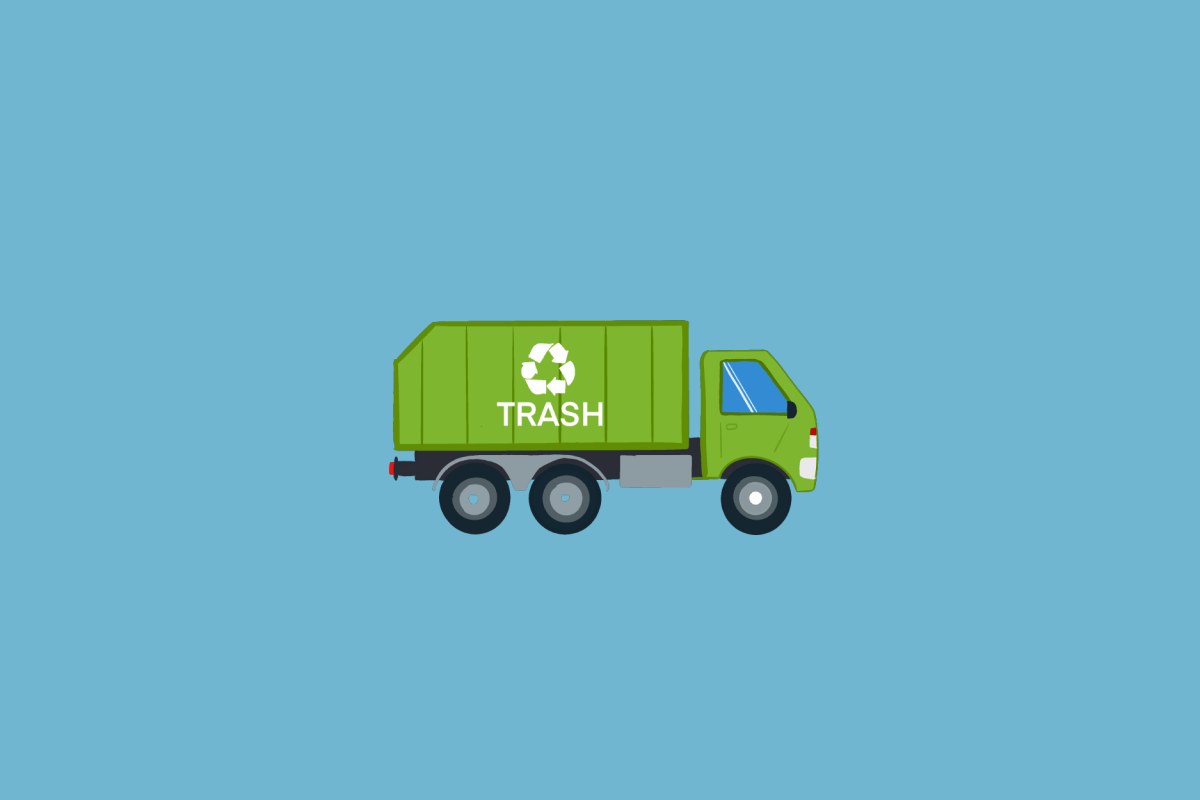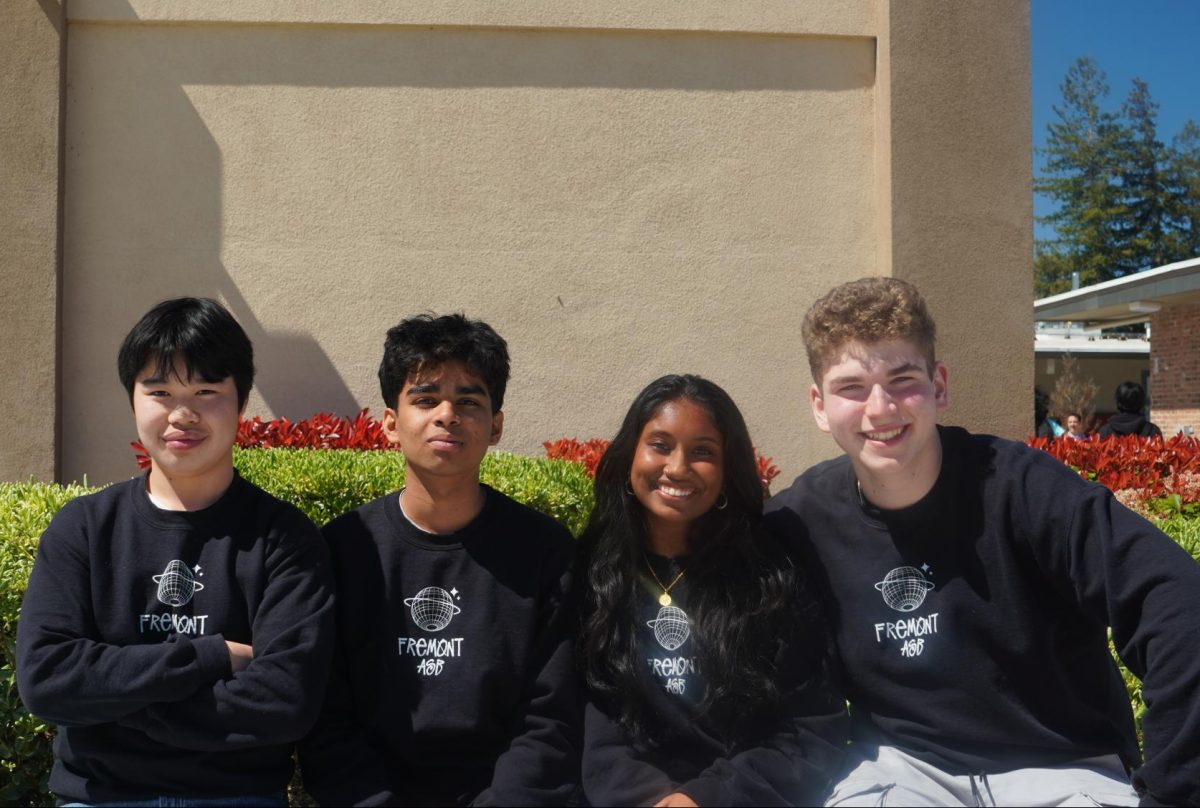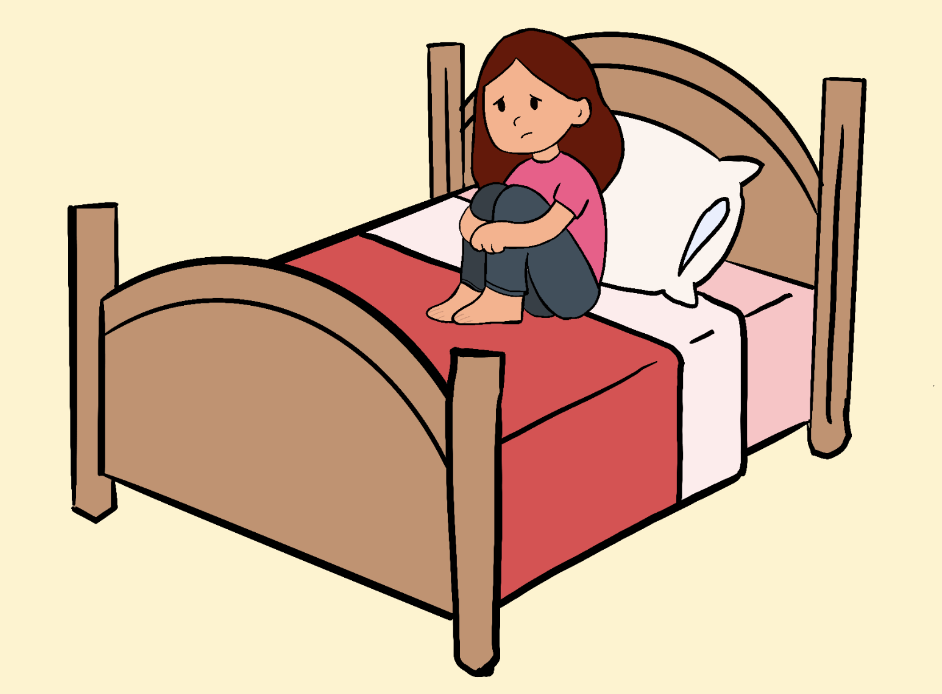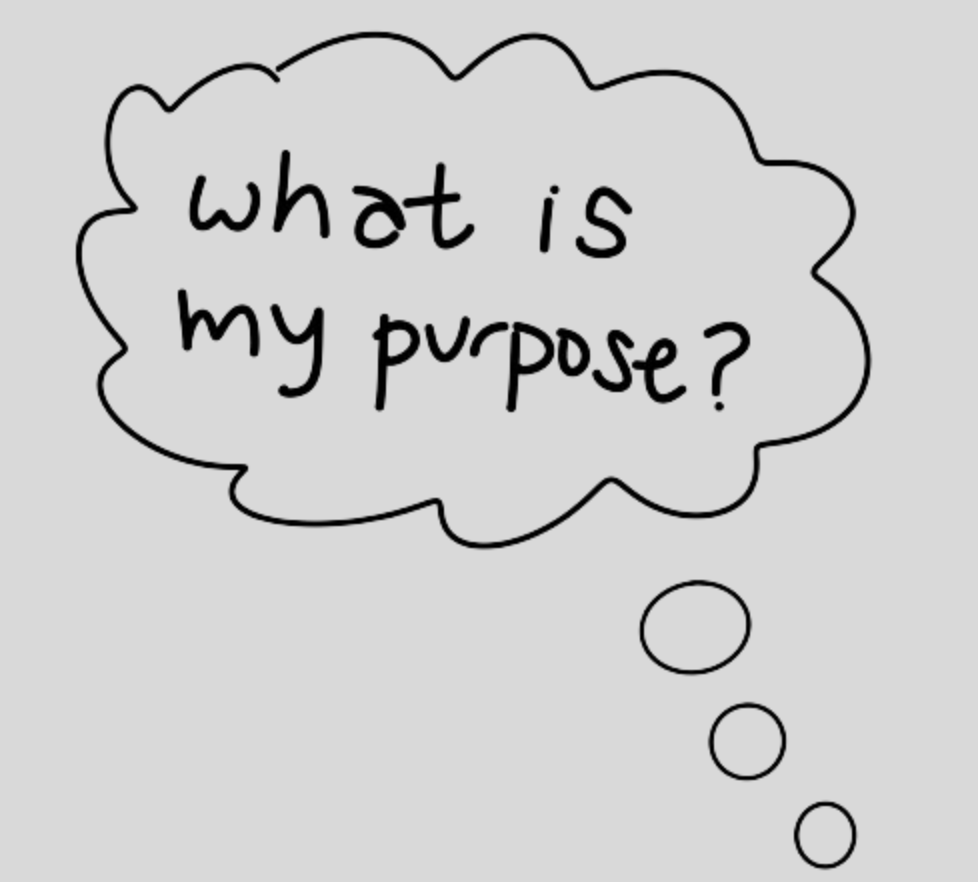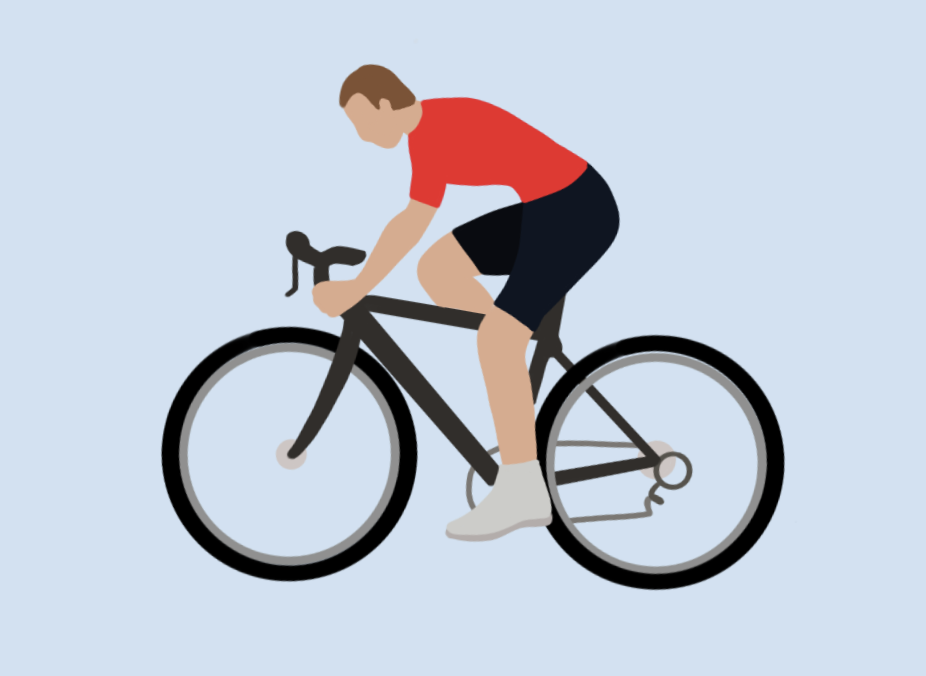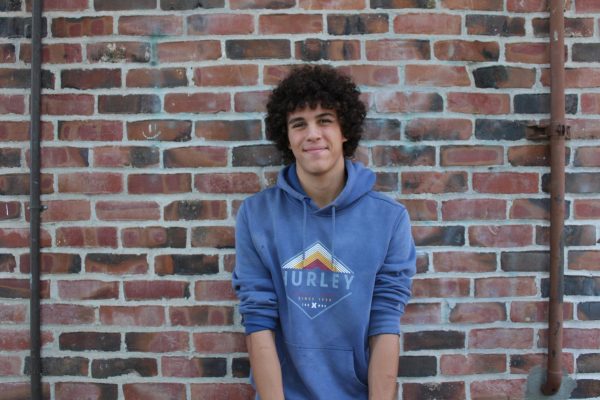Waste is one of the greatest environmental issues that the world is currently facing. The most apparent reason for this issue is the lack of infrastructure to combat it.
According to the UN Environmental Programme, 11.2 billion tons of waste worldwide are estimated to be collected every year. They also estimate that the decomposition of organic waste contributes to 50% of global greenhouse gas emissions. Landfills around the world are accumulating garbage at unmanageable rates; the Bay Area is no exception to this.
“We have a zero waste strategic plan that aims to get waste produced from each resident down to one pound of garbage per day,” Bailey Hall, a member of Sunnyvale’s waste management branch said. “Right now it’s closer to 3.5 [pounds].”
Sunnyvale’s waste management branch is actively combatting the waste issue. From 2014 to 2018, the city reduced waste levels, and waste was being generated at much lower rates. However, in 2019, Sunnyvale’s waste levels comparable to before 2014, but the economic shutdown during the COVID-19 pandemic led to trends slowly improving again. This is mostly due to the advancements of technology and techniques for processing waste.
“We have dual-stream recycling, which means we separate our paper and container recycling, which actually lets more get recycled,” Hall said. “We recycle our food scraps which we actually turn into electricity.”
The idea of turning waste into energy is relatively new but effective in being resourceful as well as decreasing waste. Litter in public spaces seem affected by these developments, and is still observed by students at FHS.
“I feel like more in public spaces like parks and maybe malls and stuff like that, it’s a little less organized,” FHS senior Allison Ma said.
Despite waste still accumulating at high levels, the city of Sunnyvale has been slowly progressing to a less wasteful society. The Zero Waste strategic plan is underway, and will likely lead to more visibly apparent changes soon.
“I always want to do more, but I think that we are really trying and doing what we can,” Hall said.


